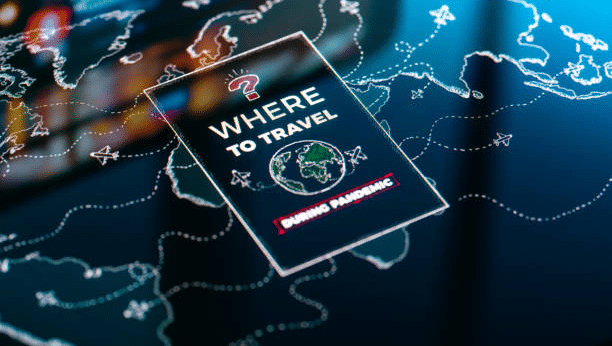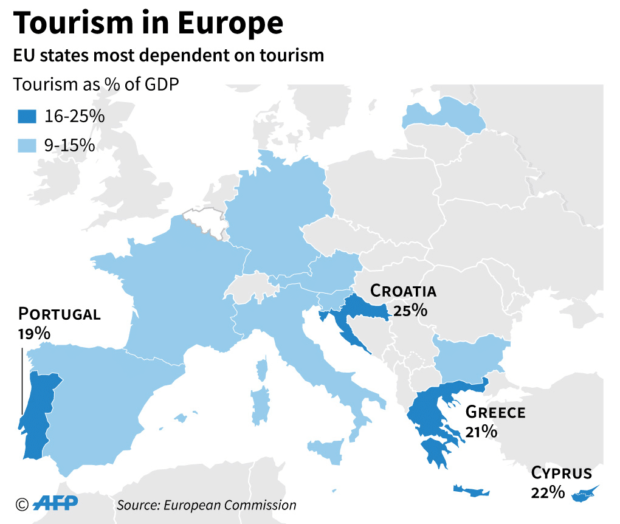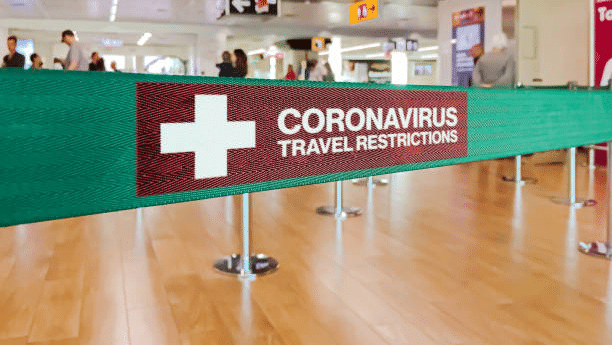
Russia-Ukraine war’s impact on European tourism
This article will discuss the impact of the Russia-Ukraine war on European tourism. We will also discuss increasing travel prices, safety, and the regions most affected.
The Direct and indirect impact of the Russia-Ukraine War on European Tourism
The direct and indirect effects of the Russia-Ukraine war on European tourism are becoming more apparent. However, it is still difficult to predict far into the future. However, an ongoing war will affect approximately 10 percent of the gross domestic product in Europe. After all, the tourism industry provides 33 million direct and indirect jobs.
European tourism’s steady recovery on a global scale has slowed, but it hasn’t completely stopped as when the pandemic first hit. However, a new war has caused slower growth than in the rest of the world. And we are not talking just about safety issues. Oil and gas prices have taken their toll, too. Namely, the costs will be much higher in the future, and Europe was a costly destination even before the pandemic and before the Russia-Ukraine war.

The image above shows us which European countries are most tourism-dependant. Those are also the countries which can lose the most, besides the Eastern European countries. ©ednh.news
The conclusions of the European Travel Commission
Those were the conclusions the European Travel Commission drew on Wednesday in its first official assessment since the start of the Ukraine war. The commission analyzed how Europe’s tourism recovery will cope amid war, geopolitical shifts, inflation, and supply chain disruptions driving up the cost of travel.
Destinations close to Russia and Ukraine, such as the Baltic countries and Monate Negro, once Russian traveler favorites, will feel more of a direct hit. After two years of pandemic restrictions, interest in Western European tourism giants, such as Spain, Greece, France, and Italy, endures.
“There’s been a negative impact; it brakes on a promising recovery trend,” said Olivier Ponti, vice president of insights at ForwardKeys. “But recovery is still underway; bookings were only 22 percent below 2019 and summer in the two weeks following the invasion. The resilience of intra-European travel is good news for the sector.”
Russia-Ukraine War’s impact on European Tourism – final thoughts
The invasion seems to have had fewer impact bookings than Covid did. While the west of Europe remains only lightly affected (according to Kenneth Kiesonski, CNBC), East European tourism will suffer considerably more. However, it is still too early to forecast the whole year.
What do you think? Will you travel abroad this year, or will you stay at home?
Take a look at
Photo credits:
Feature image: @EcoTourismExpert


